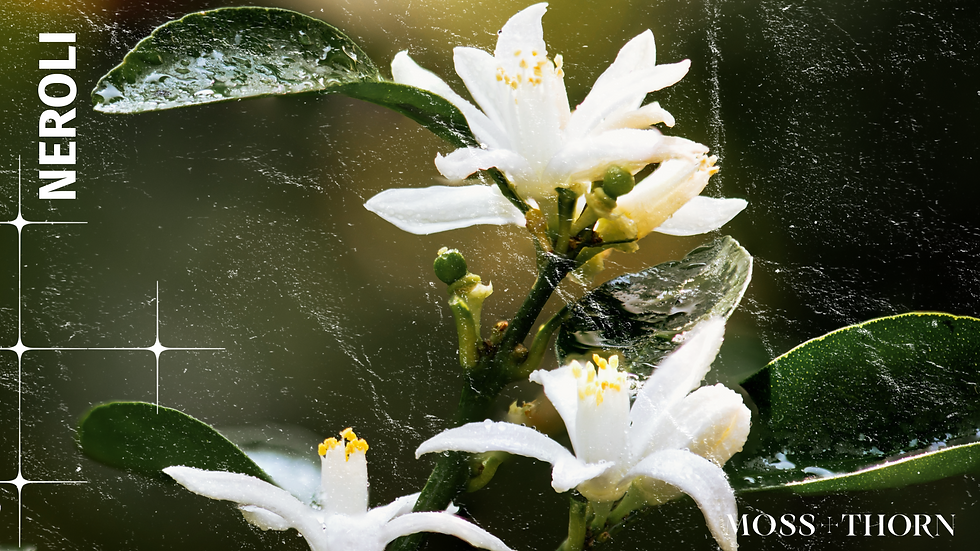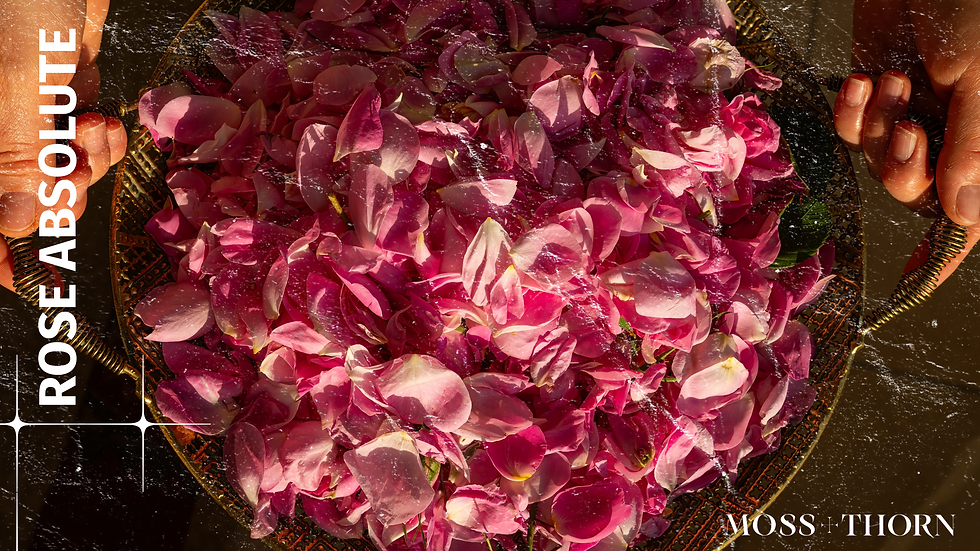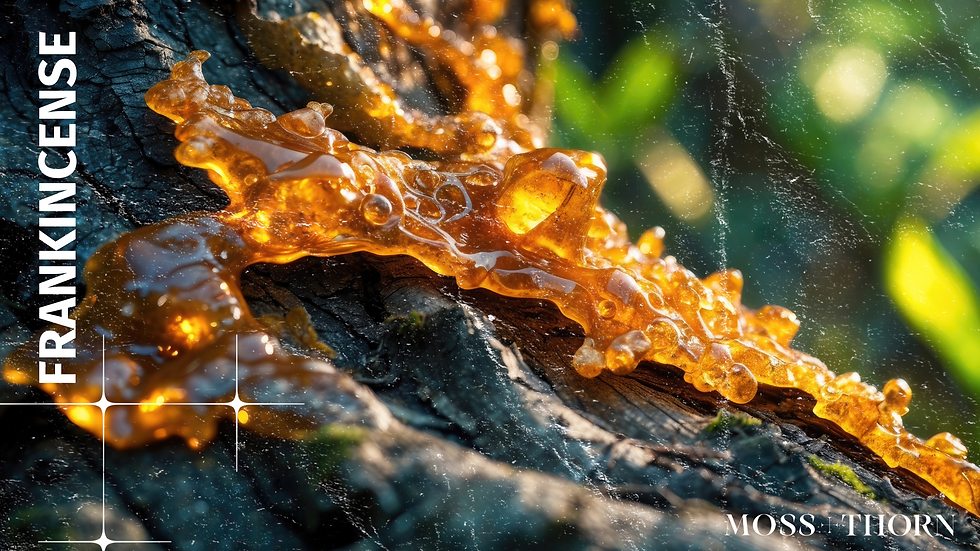Lemon
- Sarina Ehrgott
- Jul 7, 2025
- 1 min read
Lemon (Citrus limon) is pressed from the rind—cold-expressed, not distilled. The oil is bright and fleeting, the essence of peel, not pulp. It carries the clarity of sunlight filtered through fruit, lifted from skin rather than squeezed from flesh. The tree itself is evergreen, but its scent is tied to summer—awakening, clarifying, slicing through fog.

Cultural Lineage + Ancestral Use
Lemon trees traveled from India through Persia to Europe, cultivated along trade routes for both medicine and scent. In traditional Chinese medicine, lemon peel supports digestion and clears phlegm. In Western herbalism, the oil has long been used to disinfect, uplift mood, and ease tension. Its cleansing nature is both literal and energetic—used in sickrooms, kitchens, and temples to refresh and restore.
Medicinal Properties
Lemon oil offers antibacterial, antiviral, and astringent qualities. Inhaled, it sharpens focus and lifts mood—commonly used in daytime blends to reduce fatigue and elevate clarity. Topically, it can help balance oily skin, reduce acne, and gently exfoliate—but must be used with caution due to photosensitivity. Internally (when used appropriately and safely), lemon supports digestion and detoxification. It cleans—not with aggression, but precision.
Aroma Properties
The scent of lemon is immediate—bright, high, and clean. It catches quickly and fades fast. As a top note, it opens blends with energy and light, then yields to deeper anchors. On its own, it awakens. In synergy, it sharpens and uplifts. It is not sentimental, but clear—a scent for beginning, for boundary, for breath.


